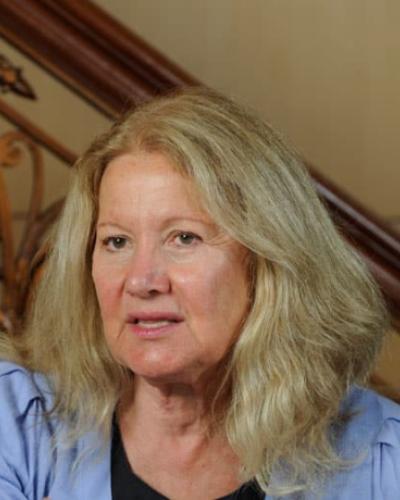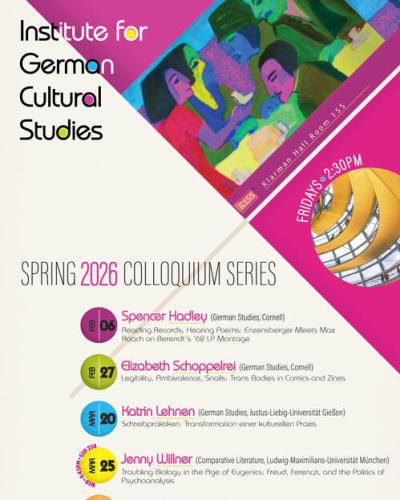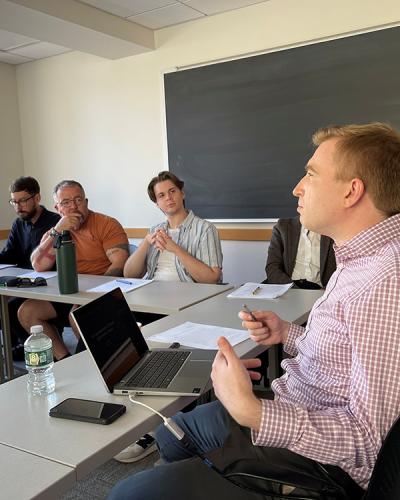On March 28th, 2018, Susan Buck-Morss (CUNY), Professor Emerita at Cornell’s Department of Government where she taught between 1978 and 2012, returned to Cornell to give a rich, interdisciplinary and invigorating lecture on “Apocalypse and History.” Buck-Morss explored the biblical Book of Revelation and the life of John of Patmos. She challenged widespread narratives about identity politics and clear-cut religious distinctions in the Middle East, through a re-reading of John, a text that has informed many prevailing binaries of western thought, which she attempted to undermined in her talk. In lieu of these widespread narratives, Buck-Morss offered a way out of the “traps of modernity and postmodernity” by emphasizing the hybridity of religious and cultural identities that were already embedded in John’s work, which thoroughly shaped western conceptions of religious history and future hopes. Claiming that western history, including secularization, has viewed the Book of Revelation as a prediction of future catastrophe, Buck-Morss argued that to the contrary, “apocalypse is not a prophetic prediction of the future, but a prophetic accounting, almost a historical accounting of the recent past.” The lecture, a summary of the first chapter of Buck-Morss’s forthcoming book-project, investigated how the Book of Revelation exposes the historical actuality of the world, in which it was written. This materialist perspective opens up new horizons for historical inquiry into the early Church. According to Buck-Morss, scholars are no longer limited to just “a history of Western Christendom, but one that embraces those eastern ‘others,’ moving us away from a clash of civilizations, to a history of cultural overlaps and networks of interconnections.” Buck-Morss argued that John’s work presents an exemplary case of categorical confusion—namely, the confusion that plagues historians of this period, because at the time no distinction between Christian and Jew could be firmly established. Instead, the Book of Revelation describes hybrid identities and other forms of community that cannot be restricted to binaries of the Pauline imaginary. (Søren Larsen)
 Department Homepage
The College of Arts & Sciences
Department Homepage
The College of Arts & Sciences
Apocalypse and History




